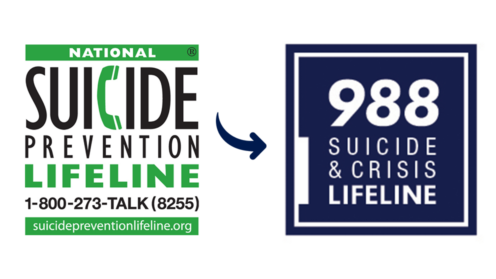Bipolar Resources
Bipolar Disorder is a very serious mental illness that requires proper treatment. Here is a list of resources that have been helpful to my recovery. Please note, this website is not intended to diagnose mental illness. If you suspect that you or someone you love may have bipolar, do not hesitate to get professional help. I highly recommend that you see a psychiatrist. A psychiatrist specializes in the treatment of mental illness.
Some of my writings about my mental health challenges are very Intense and may trigger some uncomfortable emotions or a traumatic memory. I encourage you to take advantage of the resources available here on this website and most importantly seek professional help. In addition to having a psychiatrist, I also meet with a CBT therapist on a regular basis, take prescription medications and supplements, chart my moods on moodtracker.com, attend regular DBSA support groups, get consistent sleep, and keep communication open between my husband and support system. I try to be deliberate about my treatment. Managing bipolar is not easy but it is important to do so for my stability. I want to do everything I can to set my life up for success.

I regularly attend DBSA support group meetings in person and via telephone during covid. It is a group of people who have a diagnosable mood disorder who come together to offer each other support. I like hearing success stories of other individuals managing the same illness. I also like being able to encourage others through mood related challenges. It is a give take relationship.
I use moodtracker.com almost daily to chart my moods. My psychiatrist has access to my charts and when my moods are shaky, I ask her to log into my account and track my moods. She is able to make medication adjustments by reading my charts and journals. It has definitely been beneficial in minimizing the severity of mood episodes.





